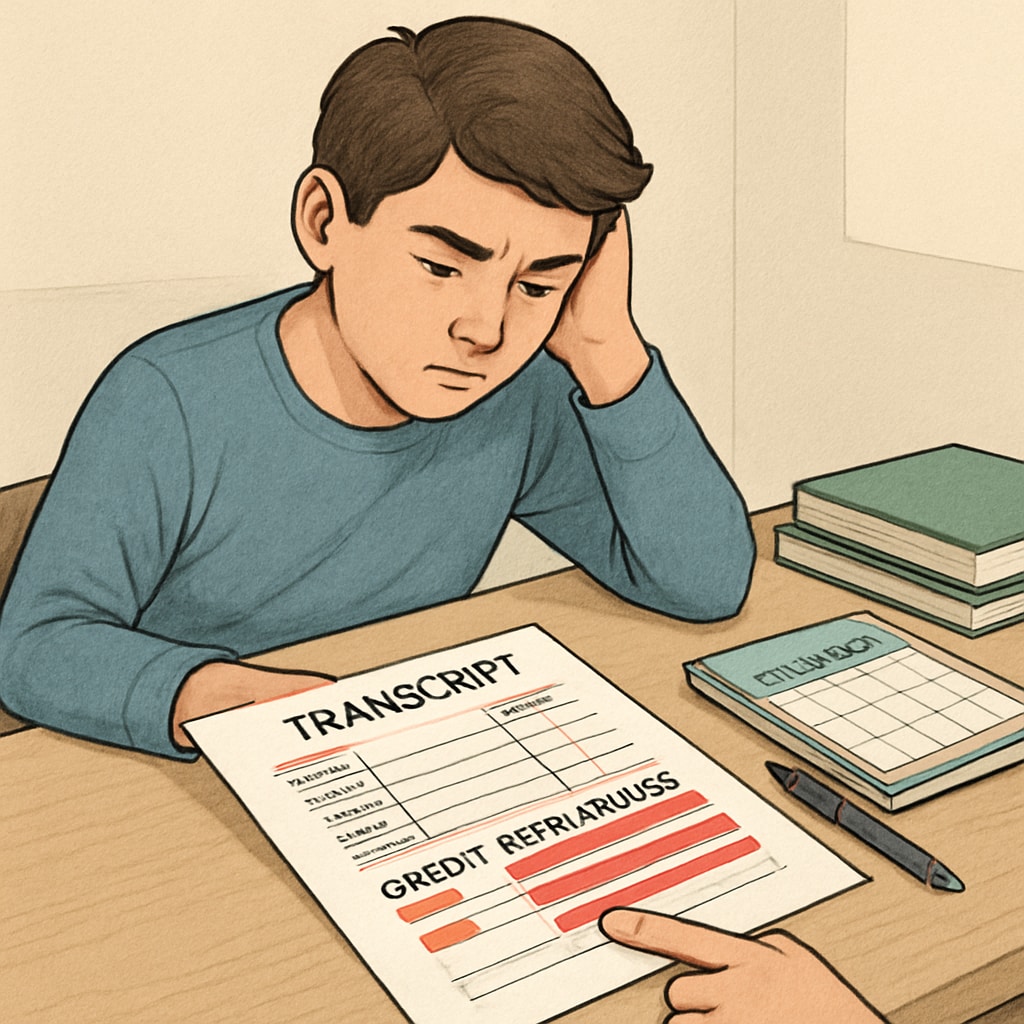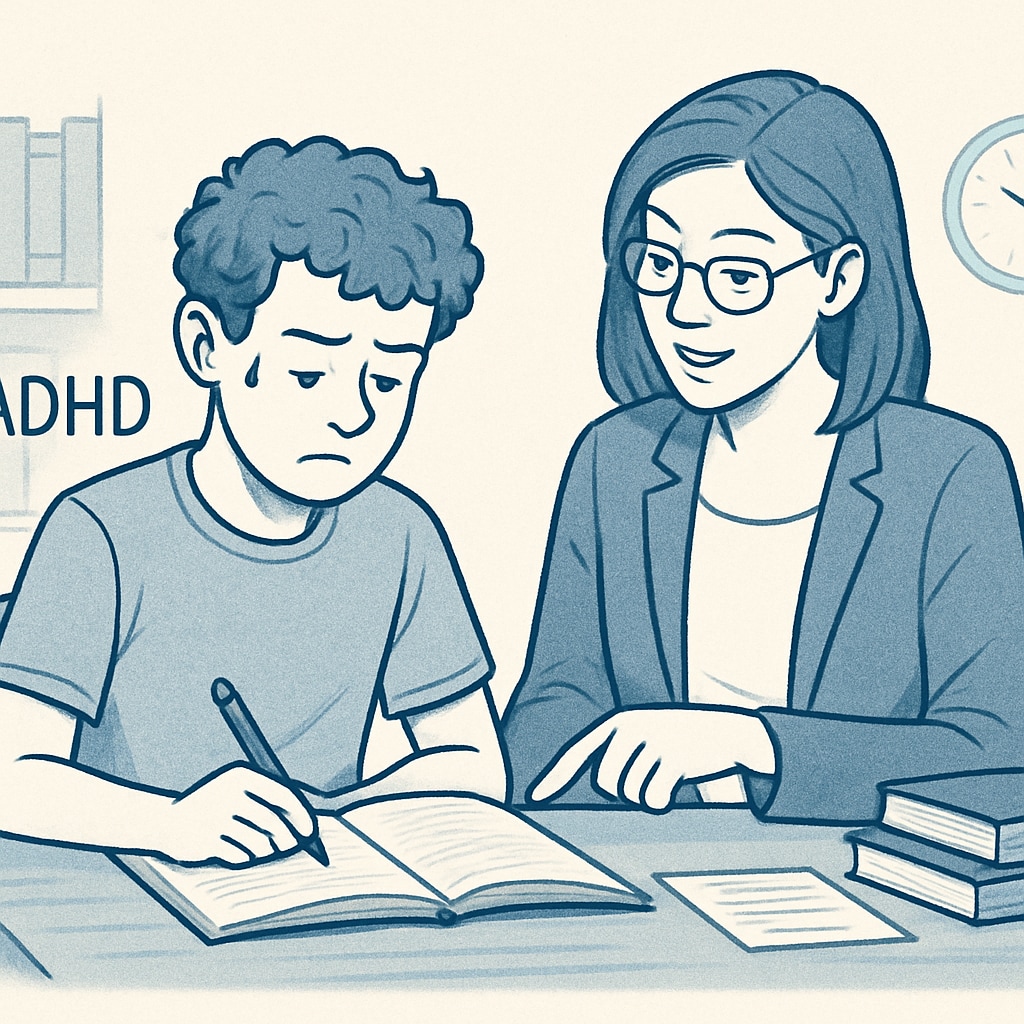High school can be a challenging time for many students, especially those struggling with insufficient credits due to academic setbacks or conditions like ADHD (Attention Deficit Hyperactivity Disorder). Left unchecked, these challenges can risk delaying graduation and hinder future opportunities. However, with the right strategies, it is possible to recover lost ground and graduate on time. This article provides practical advice on catching up on high school credits, leveraging alternative learning methods, and building a support system for sustained academic success.
Understanding Credit Deficiency and Its Impact
Credit deficiency occurs when students fail to earn enough academic credits to meet graduation requirements. This may result from missed classes, failing grades, personal challenges, or conditions like ADHD that affect focus and time management. Without intervention, this situation can escalate into delayed graduation, affecting college admissions and career prospects.

Before diving into recovery strategies, it’s crucial to assess the extent of the deficiency. Request an updated transcript from your school counselor and analyze your current standing against your school’s graduation requirements. This will help you identify which subjects and credits need immediate attention.
Effective Strategies to Catch Up on High School Credits
Once you’ve identified the credit gaps, it’s time to take actionable steps to recover them. Below are some proven strategies:
- Enroll in Summer School: Many schools offer summer programs for students needing extra credits. These courses are often intensive but can help you quickly recover specific subjects.
- Take Online Classes: Online education platforms like Khan Academy or certified online high school programs provide flexible learning options. This is particularly helpful for students managing ADHD, as they can learn at their own pace.
- Opt for Credit Recovery Programs: Schools often have specialized programs designed for students who need to retake failed courses or earn additional credits in a shorter timeframe.
- Consider Dual Enrollment: If eligible, you can enroll in college-level courses to earn both high school and college credits simultaneously.
- Work with Tutors: A tutor can provide personalized guidance, especially for challenging subjects. Look for professionals experienced in addressing ADHD-related learning challenges.
By combining these strategies, you can create a customized plan tailored to your needs and circumstances.

Building a Support System for Sustained Progress
Recovering high school credits is not just about academics—it also requires a strong support network. Here’s how you can establish one:
- Collaborate with School Counselors: Your school counselor can help you map out a realistic plan to achieve your credit goals and may recommend additional resources.
- Communicate with Teachers: Talk to your teachers about your situation. They can offer extra help or extensions on assignments, especially if ADHD is a factor.
- Leverage Family Support: Your family can provide emotional encouragement and help you stay organized, which is crucial for students managing ADHD.
- Join Peer Study Groups: Collaborating with classmates can make learning more engaging and improve accountability.
In addition, consider seeking professional help from therapists or ADHD specialists if your condition significantly impacts your ability to focus and meet deadlines.
Time Management Tips for Students with ADHD
Time management is often a major challenge for students with ADHD. Here are some tips to stay on track:
- Use a Planner: Write down deadlines, assignments, and study sessions to keep everything organized.
- Break Tasks into Smaller Steps: Large assignments can feel overwhelming. Divide them into smaller, manageable parts to reduce stress.
- Set Timers: Allocate specific time blocks for studying and take breaks in between to maintain focus.
- Minimize Distractions: Create a quiet and clutter-free study environment to stay focused.
By implementing these techniques, students can build a framework for consistent academic progress.
Final Thoughts: Achieving Graduation Success
Recovering from a significant credit deficiency may seem daunting, but with determination, planning, and the right support system, it is entirely achievable. Whether you’re dealing with academic setbacks or ADHD, the key is to take proactive steps and utilize available resources. Remember, catching up on high school credits is not just about meeting graduation requirements—it’s about preparing for a brighter future.
As a result, students who take charge of their academic journey can overcome challenges and graduate on time, ready to pursue their goals.


